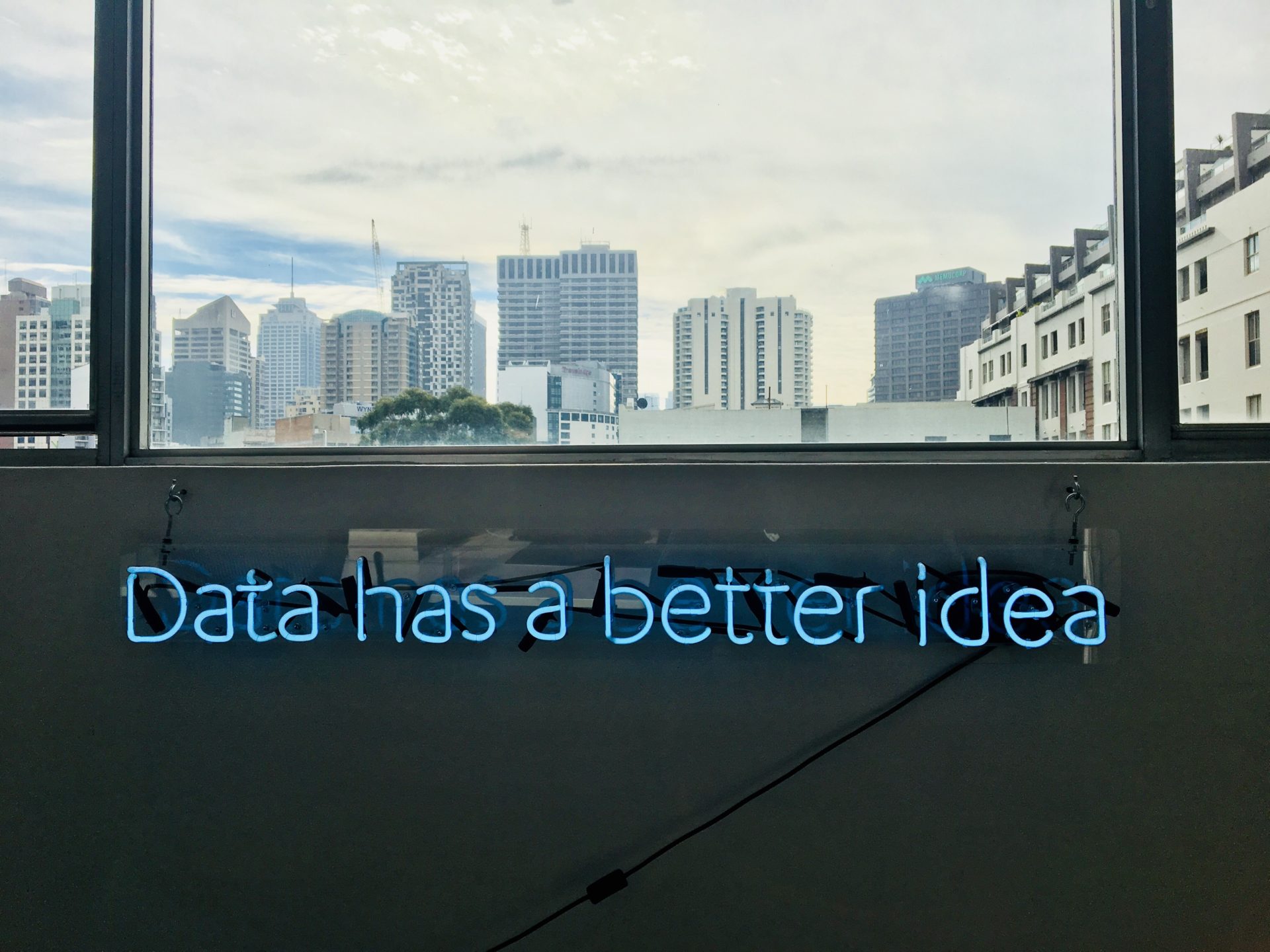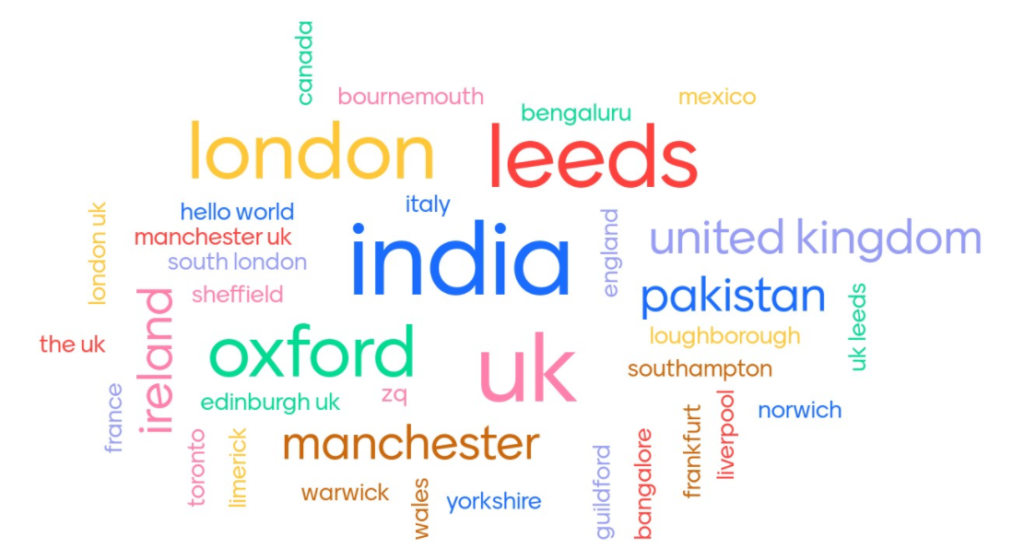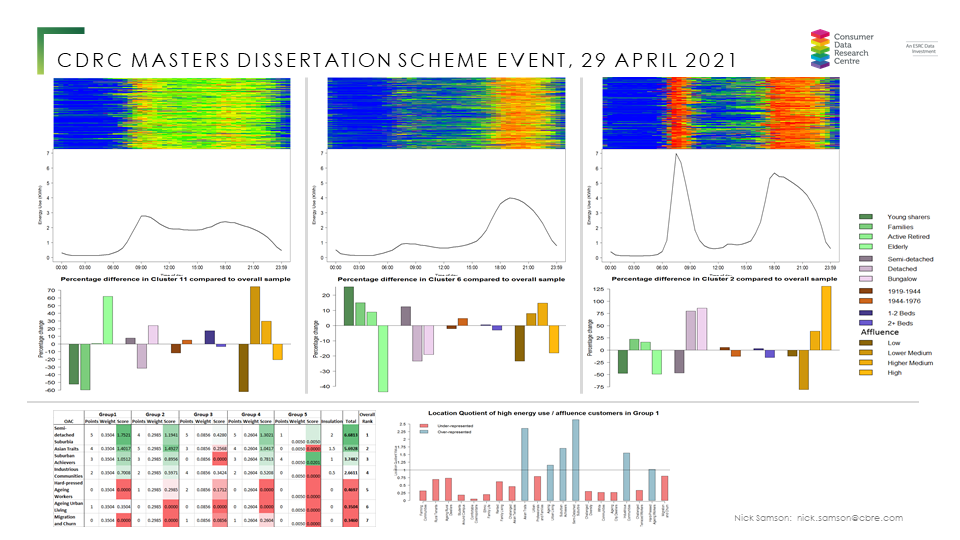The two-week-long Turing-LIDA Data Study Group (DSG) took place last month, with an incredible amount of data analysis and investigation undertaken in response to challenges set by six organisations (Challenge Owners).
The reports detailing each team’s findings will be published in September. In the meantime, let’s take a look inside the DSG from three different perspectives.
Challenge Owners

One of the six Challenge Owners was Asda. Tom Dart, Senior Supply Chain Manager, explained that, “Both my colleague, Matt [Burt], and I attended the University of Leeds and had a really positive experience. Matt has recently graduated so retained some links and was able to start the collaboration. Our view is that we can use the latest academic techniques to help improve and educate the data science programs that we are establishing.”
With DSGs only having taken place remotely since the beginning of the pandemic, access to data is a big challenge, although it is all managed securely through cloud-based safe data havens. “The initial data transfer agreement took some time to set up and we had some teething issues sending the data. However, we enjoyed close contact with the DSG team throughout and there were always people on hand to assist with questions. I really enjoyed the interaction with the students and hearing their fresh ideas.”
“We will definitely look to engage again with the DSG and have wider collaboration in general on data science topics.”
Network Rail were another Challenge Owner. Stephen Brooks, Senior Engineer, said: “I saw the invitation to be involved in the DSG though communications from the Chartered Institute of Civil Engineering Surveyors. Having consulted with colleagues we agreed that it was a great opportunity to offer what we thought was an ideal challenge. We have already looked at our aerial survey data in multiple different ways to see how we can exploit value from existing data holdings, yet we felt that the DSG offered a potentially different approach to extract greater insight.”
“By far the best reason to be involved was to access the innovative minds of students who may look at the challenge in a different way to some of our existing processes. We were not disappointed. The presentation from the DSG team, just ten days after starting the work, was professional, informative, and delivered very well by all participants.
“Based on this experience, I will certainly be encouraging colleagues to engage more with academic institutions to see the art of the possible from a different perspective. We will also continue to look at new ways to gain even more value from our existing data.”
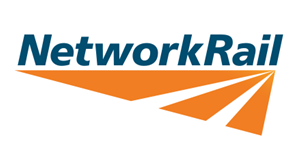
Principal Investigators/Facilitators
Dr Patricia Ternes is a Research Fellow at the University of Leeds and was the Principal Investigator for one of the Challenges. “There were two reasons I decided to participate,” she said. “Firstly, the opportunity to collaborate with The Alan Turing Institute and to engage with the industry and, secondly, to gain experience as a Principal Investigator.”

“Having contact with real and current challenges was the best thing about being involved in the DSG, as well as monitoring the use of different methods to address these challenges. The biggest challenge was time. Our project had several possible avenues, but in order to reach the final objective, we needed to continuously narrow down the range of work. Choosing when to do this, and which path was a priority, was quite challenging.”
“I believe this challenge is the beginning of a transition from early- to mid-researcher career. I still have a long way to go, but the DSG certainly showed me some fundamentals for this achievement to be possible.”
While the remote nature of the DSG created new challenges, it also provided the huge benefit of enabling participants to be involved no matter where in the world they were or what their personal commitments. “As the DSG was remote, I could (just about!) manage home life with this event, even when my family and I suddenly had to self-isolate,” said Dr Rachel Forshaw, Assistant Professor of Economics at Heriot-Watt University.
“The best thing about being involved was all of the smart and interesting people I met. We had very different backgrounds, and so looked at problems from completely different angles – which is fantastic for coming up with new ideas.”
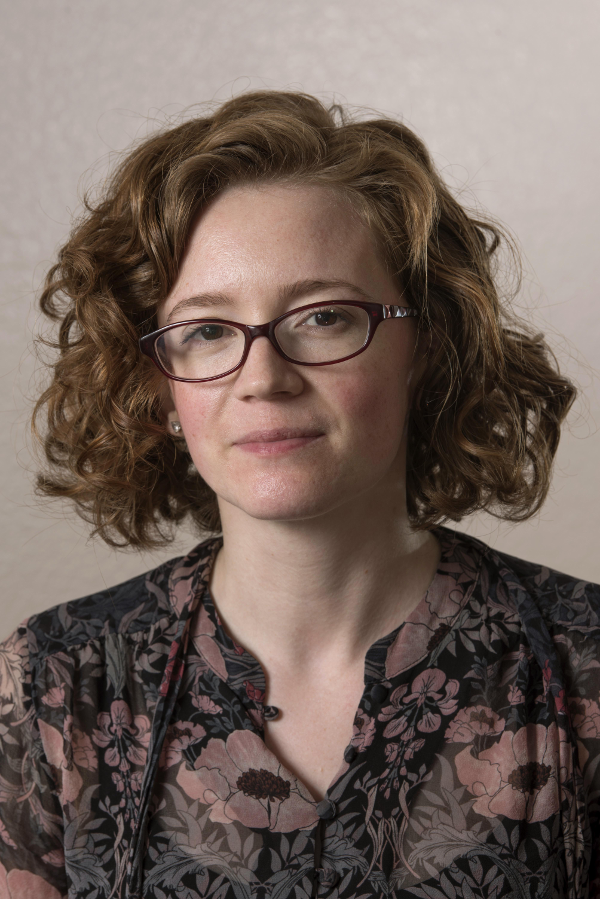
As with so many participants, the DSG has hopefully provided a springboard into future career development. “The focus of my PhD was not data science, but it’s where I hope my research is moving towards. Testing my self-taught skills in an event like this really helped me to see the areas I’m good in and those that I can improve. It’s solidified in my mind that I would like to pursue using data science techniques in my research. I also feel (after a year of no childcare due to COVID-19, and very little research output as a result) that my confidence level in my own abilities has increased.”
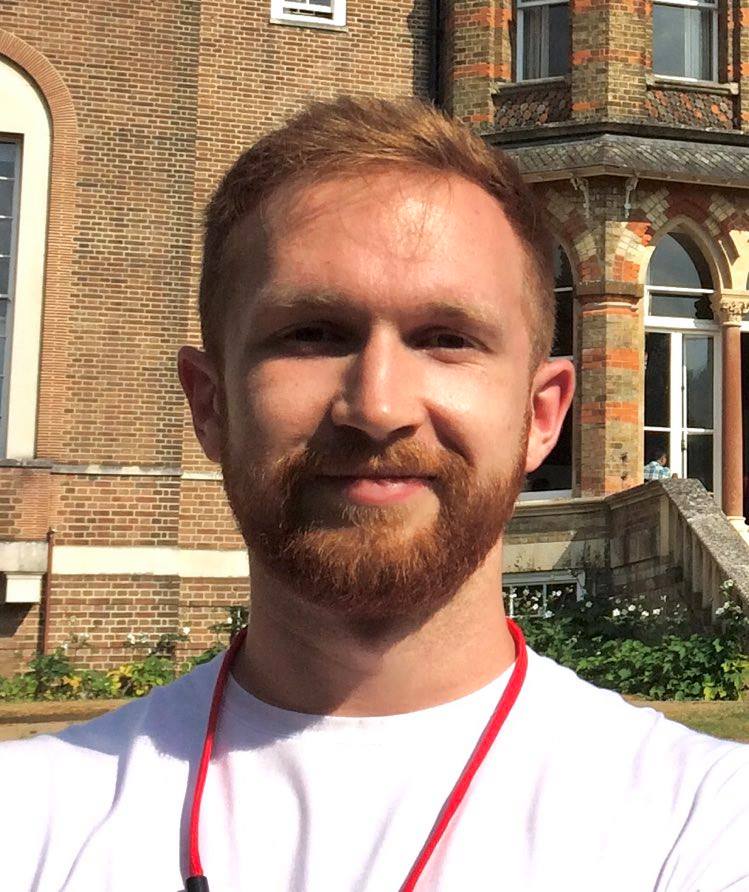
Joel Dyer, Mathematics PhD Student at the University of Oxford, was a Facilitator with another of the DSG teams. “My role was ‘part-servant-part-leader’ for the team of participants. That involved guiding group discussions, overseeing the team’s research, and working to ensure each member drew benefit from – and, importantly, enjoyed – the DSG. The best thing about being involved was to see the culmination of everyone’s hard work in the final presentation, and the extent to which the team collectively and successfully pulled together the different contributions into a coherent story.”
“The interface between academia and industry is somewhere that I think many interesting research questions can arise. The DSG enabled me to gain further experience of that interface.”
“My experiences of the DSG will have a significant long-term impact on my career: the collaboration skills I have learned and developed will remain relevant for the rest of my career whatever path I take, and my experiences as Facilitator will help to inform my decision-making in any future leadership position I hold. Furthermore, the DSG has been an excellent opportunity to expand my professional network, and I am excited by the new opportunities this may bring about.”
Participants
Ciaran Devlin, Postgraduate Researcher at the University of Warwick, voiced the shared experience that the combination of time limitations and “data was the biggest challenge! We had an enormous data set, including different types. This was both exciting and daunting, but it was the main reason I wanted to work on my particular project. We had two weeks to produce something useful so in some instances we needed more computational power to run models. LIDA provided access to Jade2 which helped greatly, but also added another element of complexity.”
“Taking part in the DSG was really beneficial. My team were a diverse, engaged and incredibly intelligent group of people and I learned a lot from everyone, gaining insight into different approaches to data science. Everyone contributed interesting and thought-provoking ideas and methods, some of which I will definitely take forward into my own research.”
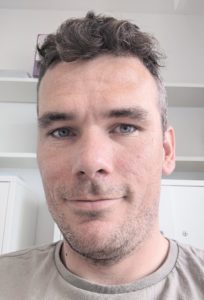
“I would recommend the DSG to anyone interested in applications of data science and machine learning. I not only gained a lot from my own project, but also from listening to the other teams and their methods when working on different problems. This was a great event and I hope to return in future.”
And last, but by no means least, one of our very own LIDA/CDRC Data Science Interns, Rosalind Martin, was also involved! “The DSG was advertised with six interesting challenges, half of which were related to the retail sector. My current Internship project is based in the world of nutrition and government legislation, so I wanted to do the DSG in order to look at retailer issues from a slightly different perspective.”
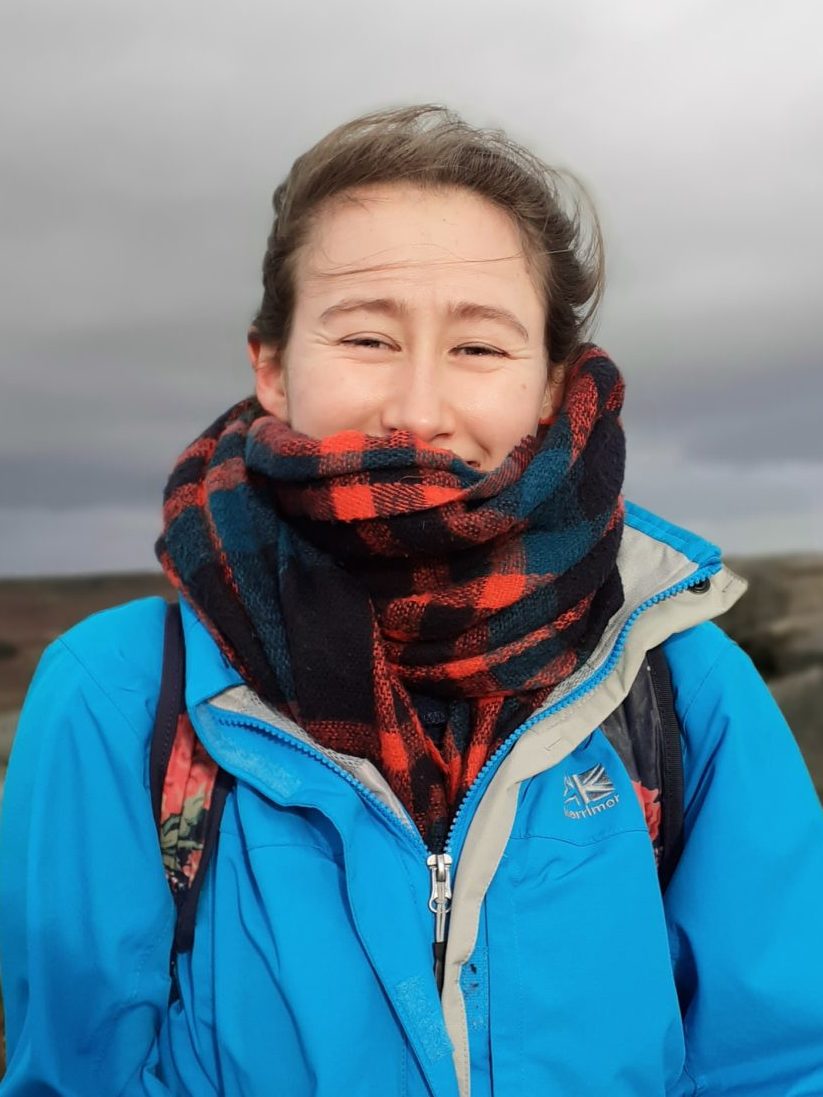
“The biggest challenge was definitely time management! There was so much that the team wanted to do and only two weeks to do it in. Our team split off into a few different groups so we could collectively try multiple methods. We regularly came together to hear about one another’s outputs and ask questions of the methods.”
“The DSG was a fantastic opportunity to develop those time management skills, alongside maturing my team-working skills through the use of regular messaging, stand-up meetings and Kanban boards. I know that I’ve been equipped to get stuck in quickly and meet the desired outcomes when I next have a busy week at work or I start working with a new team for a project.”
For more information, or to get involved with future Data Study Groups, visit https://www.turing.ac.uk/collaborate-turing/data-study-groups


